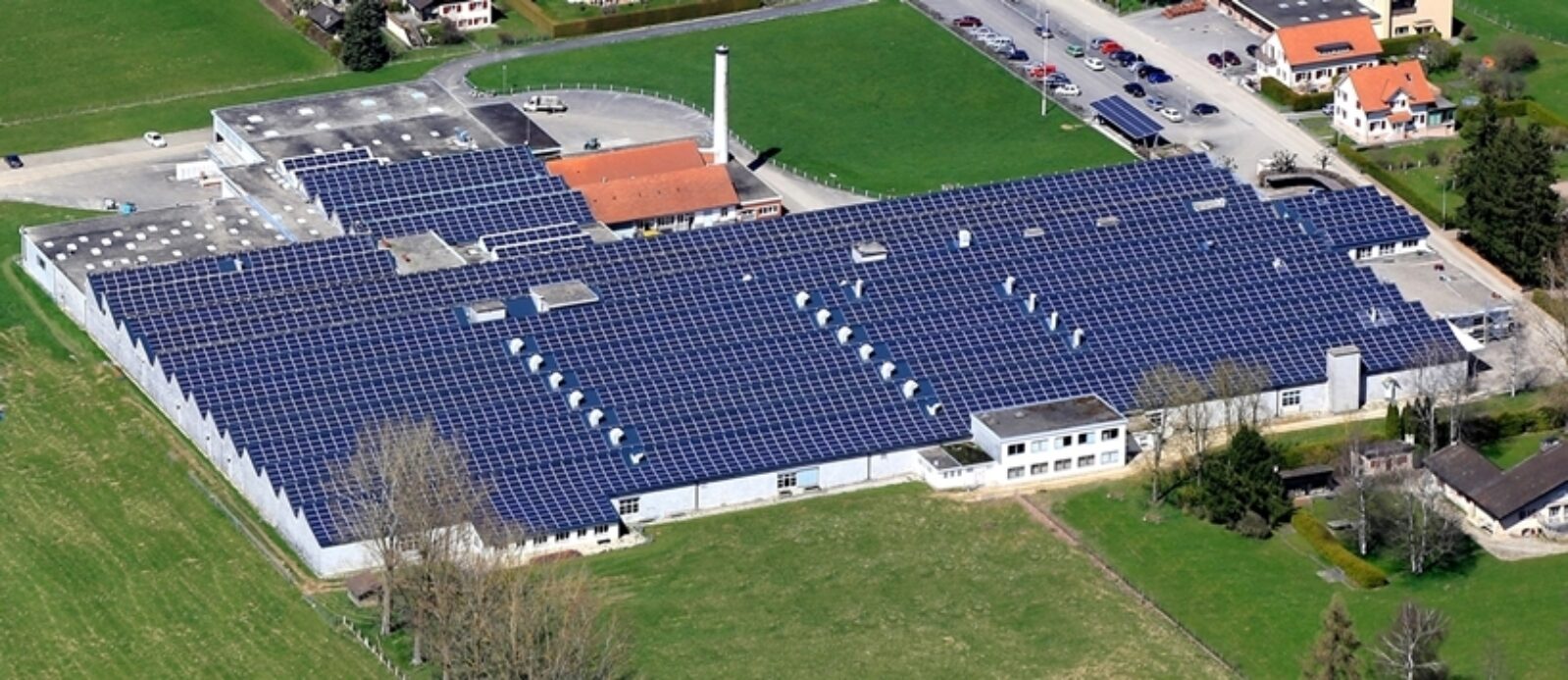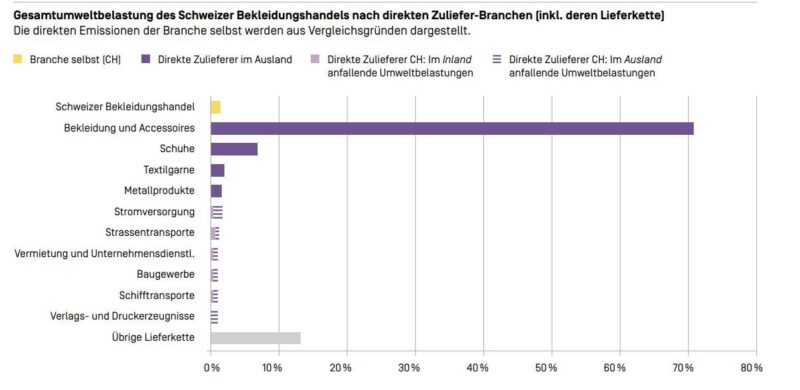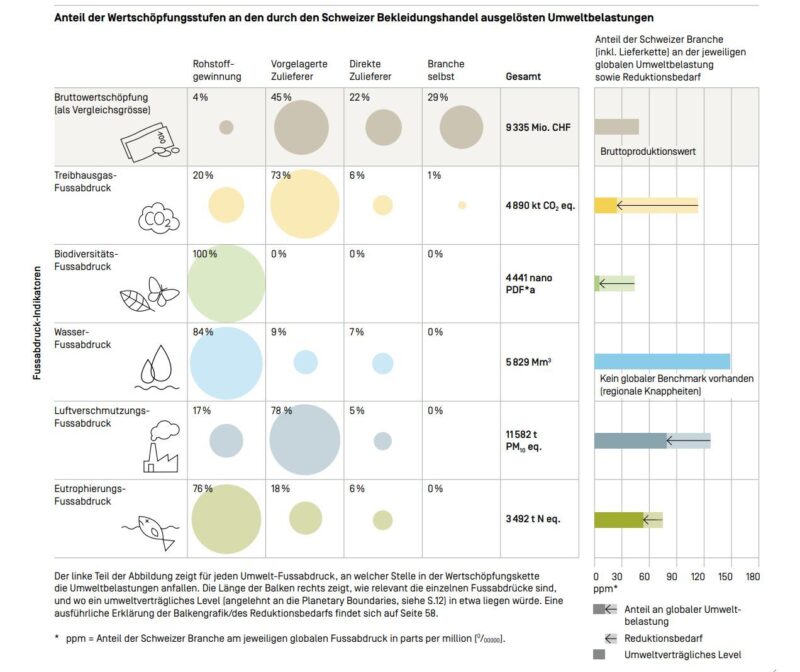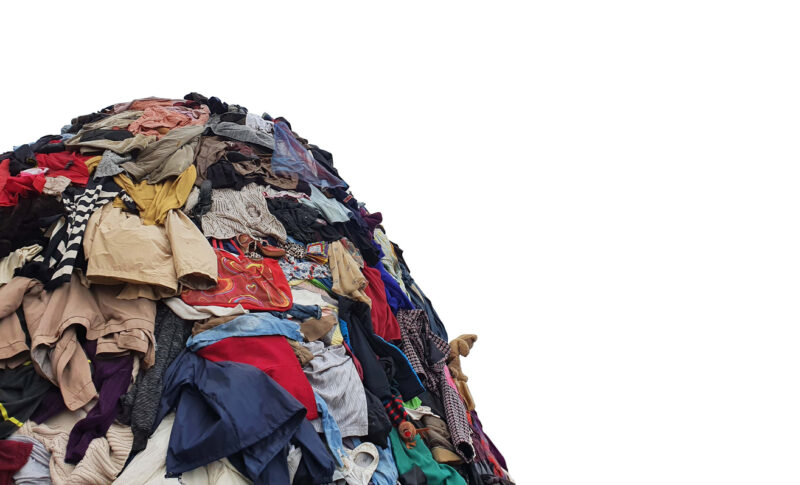National vote on 18 June 2023
Swiss Textiles supports the climate protection act

Switzerland is due to vote on the Climate Protection Act on 18 June 2023. The subject is of particular relevance to Swiss Textiles member companies – after all, the global textile industry does cause some worldwide greenhouse gas emissions. That is why the branch federation supports the indirect counter-proposal to the glacier initiative.
Grafiken: aus Umweltatlas BAFU
The supply chain accounts for a big share of greenhouse gas emissions by textile products. In the garment trade, the figure even exceeds 90% attributable to upstream suppliers and raw material producers, as the Federal Office for the Environment’s environmental atlas shows. Fashion and footwear alone are responsible for an estimated 8% of all global greenhouse gas emissions.
Climate protection is nothing new
The textile industry has long been aware of these facts. Climate protection is anything but a new subject at national and international level. For example, the UNO launched its “UN Fashion for Climate Action Charter” more than five years ago. Companies in the textile and garments sector are increasingly being required to disclose, offset and cut their emissions across the whole supply chain.
Swiss Textiles has its own programme
In Switzerland, Swiss Textiles is the sponsor organisation of the Sustainable Textiles Switzerland 2030 programme. Its aim is to cut the sector’s emissions by half by 2030. This with a view to a net zero target by 2050: by then, companies, developers and manufacturers are expected to emit no more greenhouse gases than they are able to remove from the atmosphere again.
The formulation of the climate goal in the Swiss Sustainability Programme STS 2030 reflects the objective of the internationally acknowledged Science Based Targets Initiative. This seeks to limit global warming to 1.5 degrees, which is the reason why emissions must already be cut massively by 2030. The Swiss Climate Act, on which the Swiss people will be called upon to vote on 18 June 2023, endorses Net Zero 2050. Swiss Textiles too supports this Act and is a member of the Economic Alliance in favour of the Climate Act.
Partner organisations help members to attain their objectives
Several Swiss Textiles members have already adopted climate goals and are now starting to implement them. New members are joining up all the time. This is certainly not easy, especially for SMBs. That is why Swiss Textiles supports its members through a partnership with myclimate. myclimate advises and accompanies them on their journey to that destination.
What is more, thanks to an offer by the Go for Impact association of which Swiss Textiles is a member, Swiss companies benefit from a free initial consultation on Science Based Targets. The association is expanding its services all the time. By taking these measures Swiss Textiles is convinced that the industry will meet its Net Zero target by 2050.


